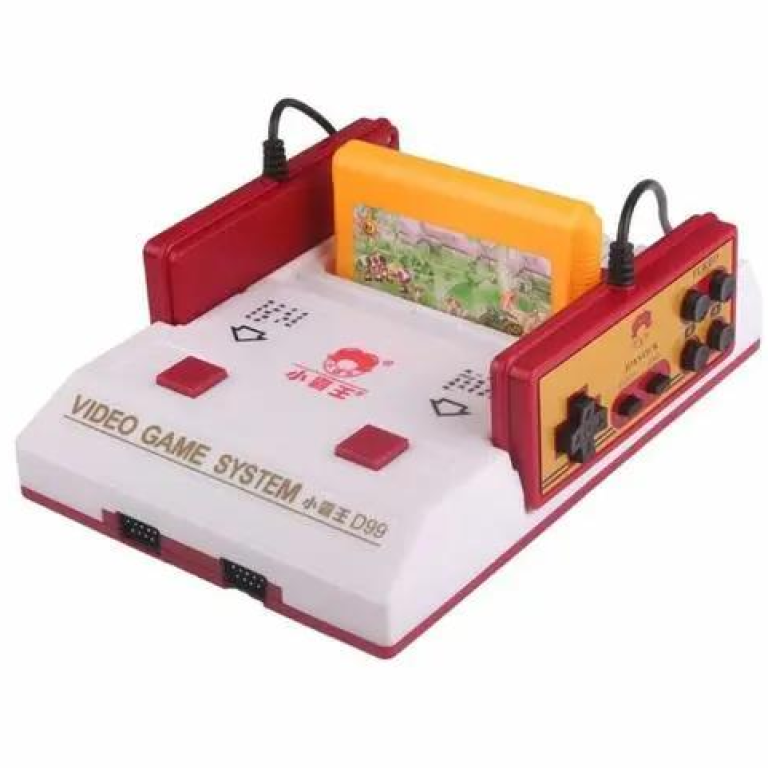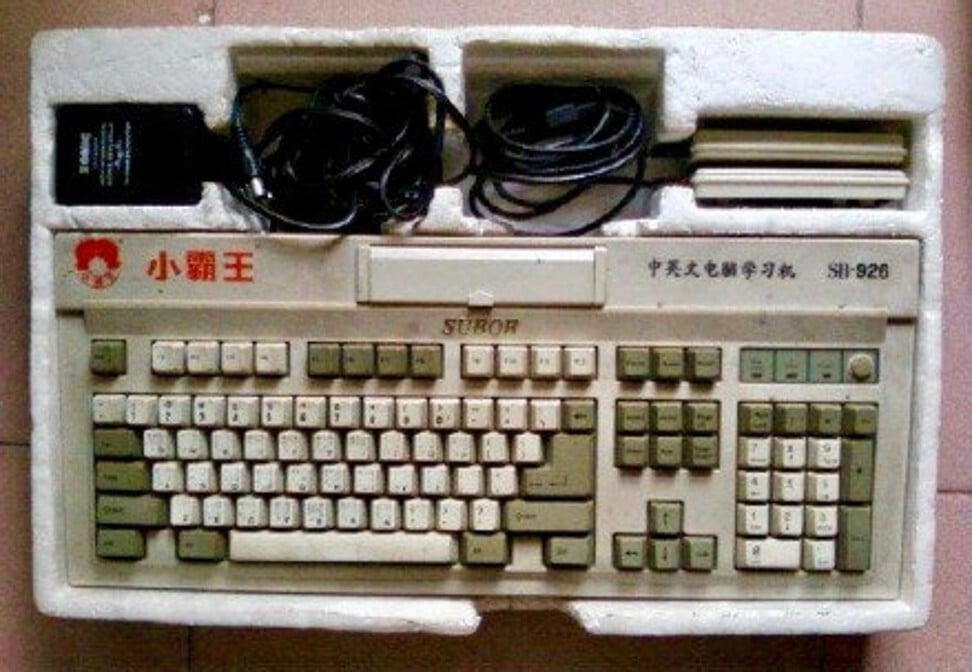
Bootleg gaming console maker Subor faces bankruptcy as frontman barred from air travel
- Children living in China in the 1980s grew up playing Subor’s Nintendo knock-offs and iconic “learning machines”
- Subor has tried in recent years to reinvent itself as a creator of original consoles and a VR investor
Subor, the creator of China’s most iconic video game consoles in the 1980s, has become the subject of a bankruptcy petition, according to a court document filing made public on Thursday. It marks the latest blow to the once-popular brand that gave Chinese children an early taste of Super Mario Bros. and Teenage Mutant Ninja Turtles before most families could afford imported Nintendo machines.
Detailed information about the petition, filed to Zhongshan Intermediate People’s Court, was not released as of Monday. But Subor’s legal representative, Feng Baolun, was listed as a “discredited” individual in China’s official database. That means he is restricted from engaging in “high consumption” activities such as air travel or staying in hotels with a star rating.
Attempts by the Post to reach Subor were unsuccessful. The company’s website is inaccessible and a message sent to an email address listed on a private business database bounced back.
This is the console Chinese gamers remember most fondly
While the explosive growth of China’s middle class and its rising demand for entertainment have helped turn the country into the world’s largest gaming market, Subor’s attempt to ride that wave has faced significant challenges.
Subor’s heyday ran from the late 1980s to the early 90s, after it launched a console that bore remarkable similarities to Nintendo’s classic red-and-white Family Computer (Famicom), the Japanese console rebranded as the Nintendo Entertainment System (NES) overseas. In China, Nintendo’s popularity was matched by the more affordable Subor “learning machine” – a euphemism for its console-PC hybrid that was marketed as an educational device but also carried a slot for game cartridges.

But Subor kept on fighting for years. It continued to churn out new consoles, including one running on Windows 10 called the Subor Z+. It also continued its focus on education, releasing tablets and smartwatches made for children. In 2017, it spoke of plans to invest in virtual reality classrooms.
Why the impact of China’s 15-year console ban still lingers today
News of the bankruptcy petition against Subor elicited a wave of nostalgia on Chinese social media on Monday.
“The things from our youth are gone, one after another,” one person wrote in a popular Weibo comment.
“Let me buy a console before they go bankrupt so that my childhood will be complete,” another said.

